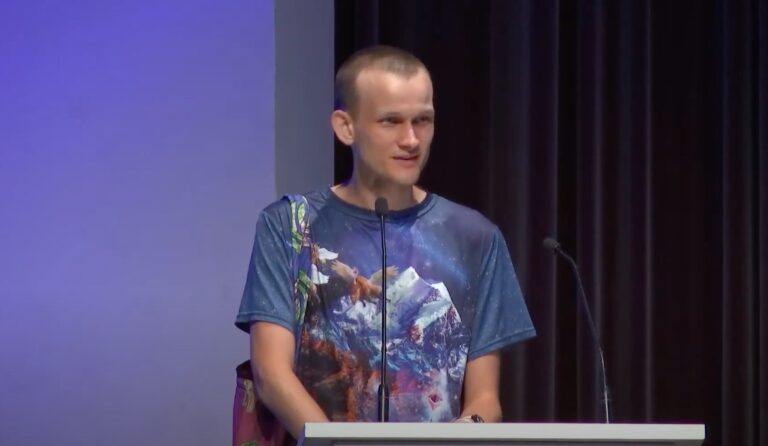In a blog post dated May 9, 2024, Ethereum co-founder Vitalik Buterin introduced an innovative concept to address efficiency issues within Ethereum's transaction processing system. His proposal revolves around the idea of “multidimensional gas pricing,” which aims to optimize the way Ethereum manages and prices computational tasks.
Simplifying Ethereum’s gas mechanism
In Ethereum, “gas” refers to a unit that measures the amount of computation required to perform operations such as transactions and smart contracts. Traditionally, Ethereum has used a one-dimensional gas system. In this system, different types of computational work, such as executing commands, storing data, and processing complex cryptographic proofs, are priced cumulatively under one umbrella, his “gas cost.”
Single-dimensional energy problems
Buterin points out that this one-dimensional approach has significant drawbacks. That is an oversimplification of how different resources are consumed on the Ethereum network. For example, storing data can have a different impact on the network than executing transactions. Treating these diverse activities as equivalent in terms of resource consumption can lead to inefficiencies and potential security risks. For example, if the network underestimates the resources required for a transaction type, it may reject safe transactions or accept potentially harmful ones.
Introduction of multidimensional gas pricing
To address this, Buterin proposes a system in which gas is no longer a single entity, but is split into multiple dimensions, each representing a specific type of resource usage. This approach is already partially implemented in his EIP-4844 upgrade of Ethereum, which allows for more accurate and fair pricing for the different demands placed on Ethereum's infrastructure. .
Practical applications and implications
One practical manifestation of this idea is the introduction of “blobs” for rollups, a layer 2 scaling solution that helps Ethereum scale by processing transactions from the main chain. These blobs are priced separately from regular transactional gas and are limited, making rollup transactions significantly cheaper and more efficient. Pricing differentiation allows you to more effectively manage network demand without compromising throughput.
What this means for Ethereum users
For everyday users and developers, this change means transactions could be cheaper and the network more robust against spam and attacks. In particular, developers may need to rethink how they design their applications to optimize different types of gas costs.
The future of Ethereum’s gas system
Looking to the future, Buterin envisions extending this multidimensional approach to other areas of Ethereum operations, such as storage. This includes setting separate limits and prices for different types of data storage, potentially improving overall network efficiency and security.

